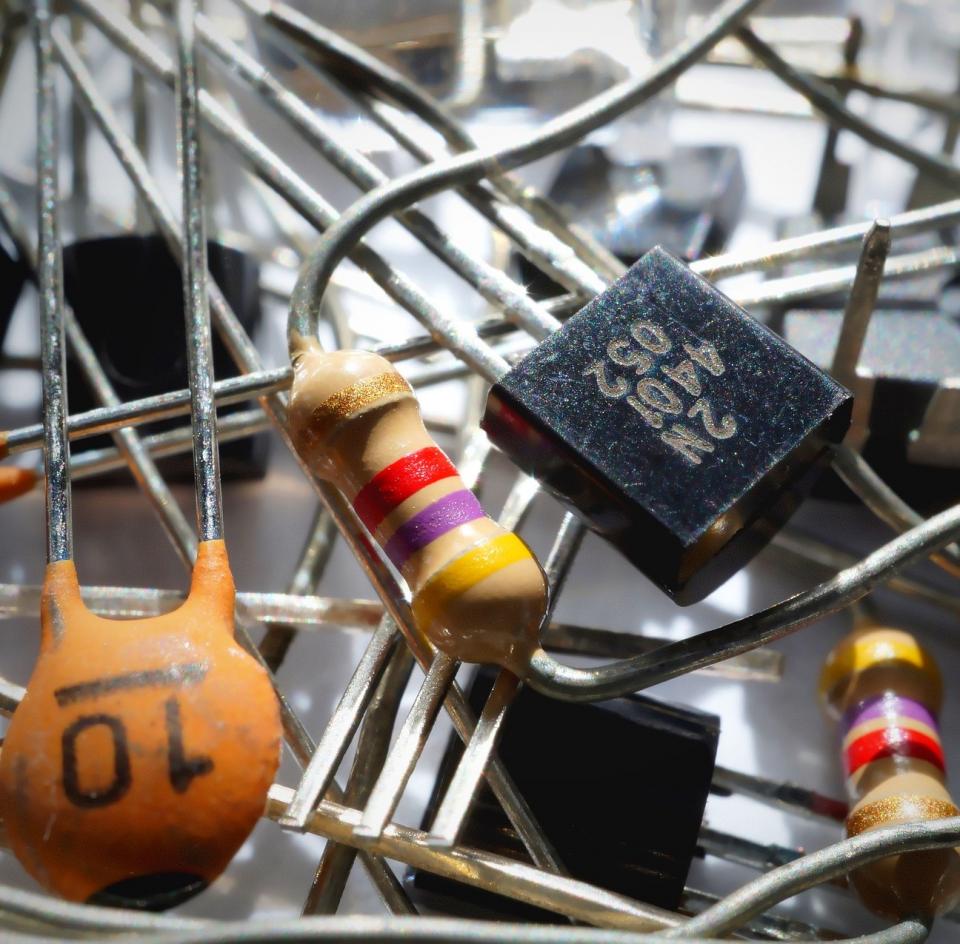
When it comes to the intricate universe of modern technology, electronic components stand as the building blocks that enable our devices to function efficiently. These components, ranging from resistors and capacitors to microprocessors and transistors, lie at the heart of virtually all electronic devices, from smartphones and laptops to cars and industrial equipment. The seamless integration and interplay of these components are what bring these devices to life, allowing for the countless functionalities and conveniences that we often take for granted in our daily lives.
Types of Electronic Components
Electronic components play a crucial role in the functionality of modern gadgets and devices. One of the fundamental types is resistors, which regulate the flow of electricity within a circuit. Capacitors are another essential component, storing and releasing electrical energy as needed. Inductors, with their ability to resist changes in current flow, form another key category of electronic components.
IGBT Module
Diodes are semiconductor devices allowing current to flow in one direction, serving as a crucial element in rectifying circuits. Transistors are versatile components that can amplify and switch electronic signals, enabling a wide range of applications in electronics. Integrated circuits, also known as ICs, are miniaturized electronic circuits that pack complex functionalities into a small package.
Microcontrollers are compact computing devices embedded within electronic systems to perform specific tasks. Switches control the flow of current within a circuit, enabling users to turn devices on or off easily. Connectors are crucial for establishing electrical connections between various components, ensuring seamless operation of electronic devices.
Importance of Electronic Components
Electronic components play a crucial role in today’s technology-driven world. From smartphones to airplanes, electronic components are the building blocks that enable the functionality of various devices.
The reliability and performance of electronic components directly impact the overall functioning of electronic systems. Consequently, the quality of components is of utmost importance in ensuring the efficiency and longevity of electronic devices.
Innovation in electronic components drives the development of cutting-edge technologies, leading to advancements in various industries such as healthcare, automotive, and communications. As we continue to push the boundaries of what is possible, electronic components remain at the heart of progress.
Future Trends in Electronic Components
Innovation and miniaturization are two key trends driving advancements in electronic components. Manufacturers are constantly striving to make components smaller, more efficient, and more powerful to keep up with the demands of modern technology.
Another trend shaping the future of electronic components is the increasing focus on sustainable materials and manufacturing processes. With environmental concerns becoming more prominent, there is a growing push towards developing components that are not only high-performing but also eco-friendly.
Advancements in materials science, such as the development of new semiconductors and nanomaterials, are also expected to revolutionize electronic components in the years to come. These cutting-edge materials have the potential to enhance performance, durability, and energy efficiency in a wide range of electronic devices.
